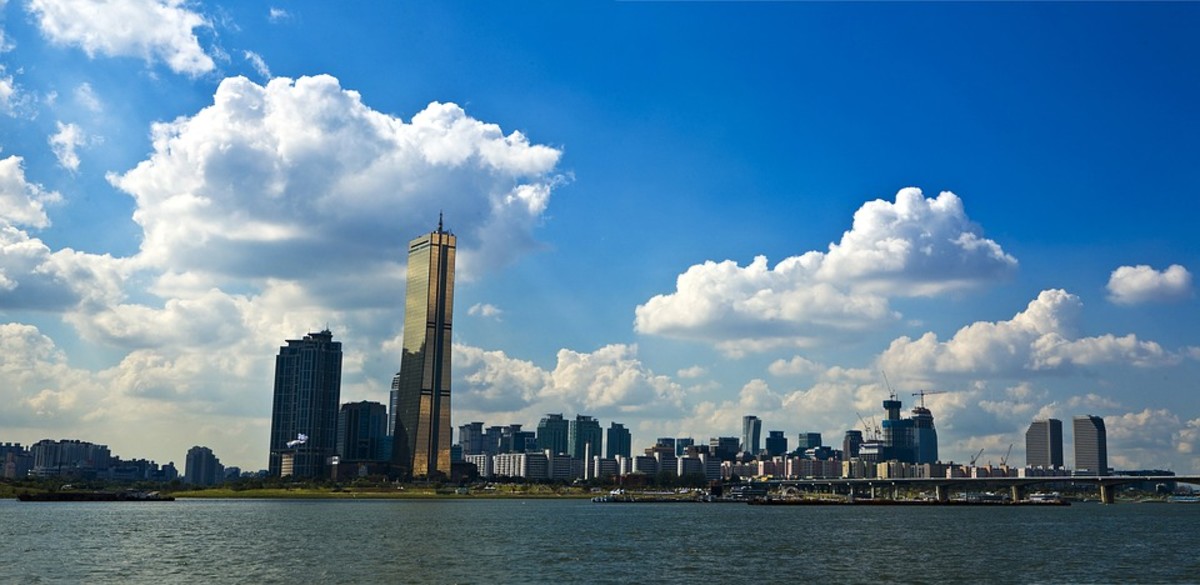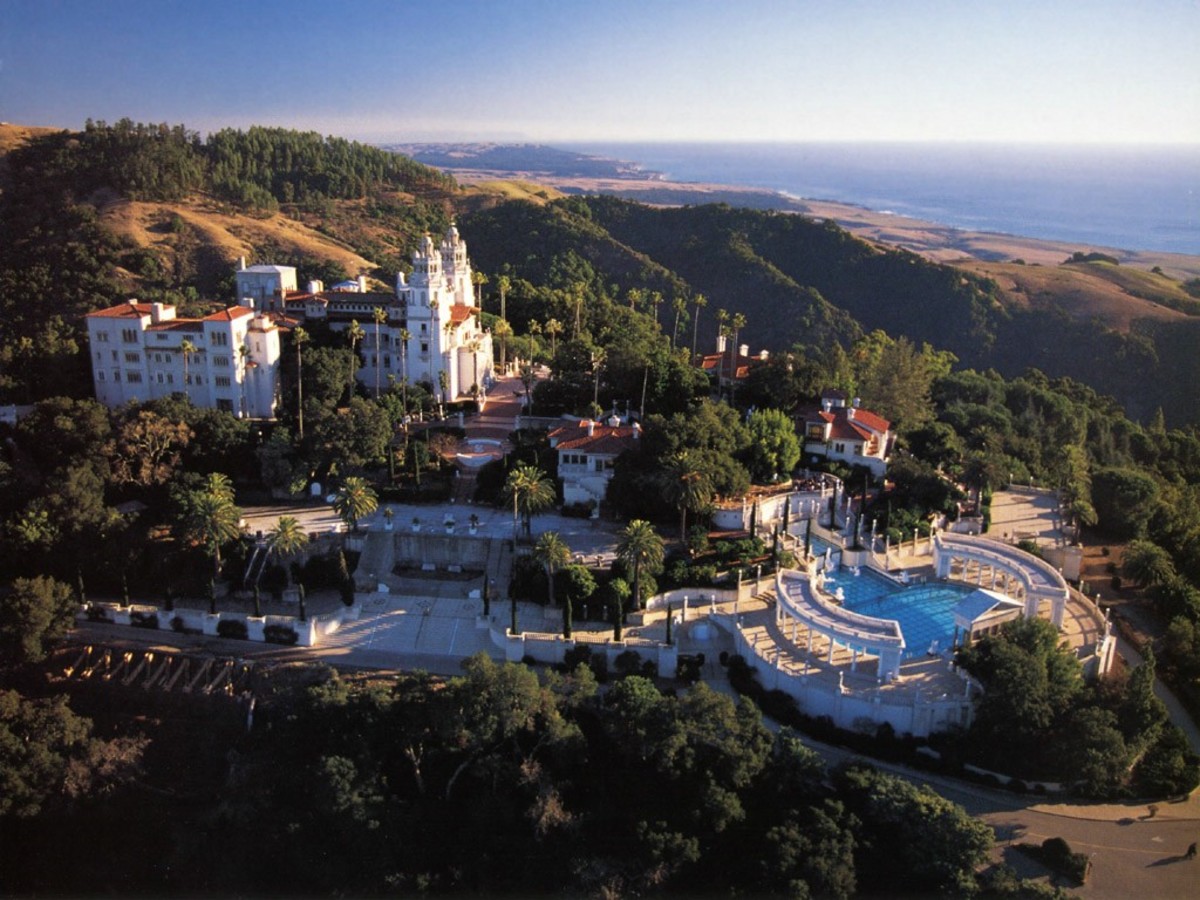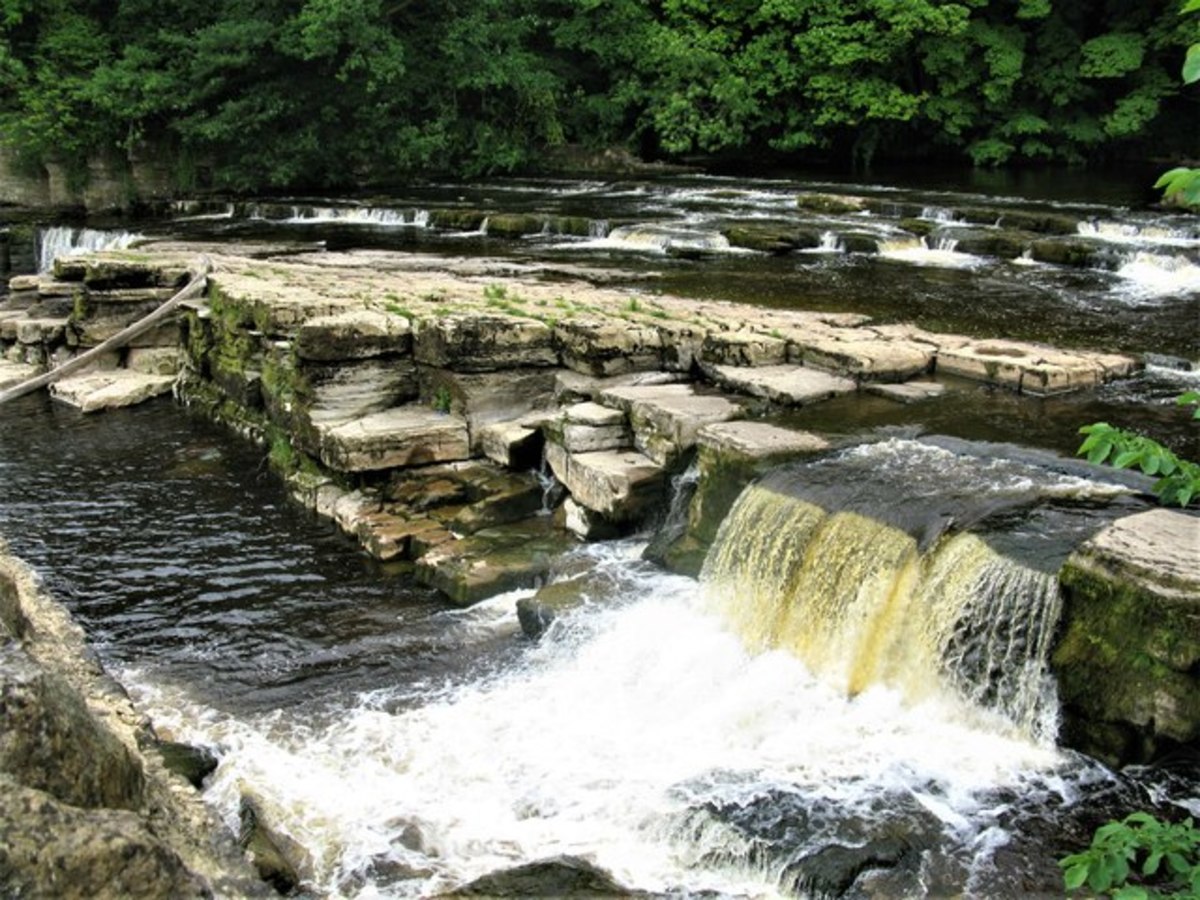What motivates tourists to travel?
Have you ever wondered what motivates you to travel? Could it because you want to experience a whole new environment, visit some distant relatives, for educational purposes or just for fun? The reason behind why people travel can well be described as tourism motivation.
Tourism motivation is the driving force behind a tourist’s intensions and behaviors. It forms people’s goals, expectation that constitutes of travel choice, behavior and perceptions in regard to specific tourist’s destination. Tourist’s motivations forms due to internal psychological factors that cause an uncomfortable level of tension and needs that should be released after a given activity is under taken. Tourists can actualize their intrinsic needs and motives if they manage to self actualize and liberate them.
The type of tourists’ motivation is relative to the type of context it is generated from. For instance cultural motivation is dependent on a tourist’s way of living which constitutes of the culture and tradition of his people. It is rare to find tourists select a destination that practices the same culture as his/her own. Most tourists tend to visit cultures which are different from their own in order to learn and experience a different way of life. For example a person from Australia would be attracted to tour a region that has a different culture from his, probably a place in Africa which has a very different culture and a wide range of physical attraction. Culture is also categorized based on sustainability and the type of commodity on offer. Another type of motivation is the social motivation. Different societies have different social status and inclination. For example a student travelling from Australia to London will have a great opportunity of learning the English way of living. Although most people assume that the living conditions, family set up and socialization process in white families is similar. One can only find out the diverse social aspects in other communities by travelling to a different destination far away from home.
The selection of a tourist’s destination is often characterized by pull factors; these are conditions which intensively attract someone to a place. Examples of pull factors are favorable environmental conditions, peculiar physical attractions, people’s culture and traditions, the tourism and hospitality industry of a place. It can also be through word of mouth from people who have earlier visited the place. In addition, some tourists are pulled by environmental conditions such as sunlight and snow. The pull factor in such a case is the presence of abundant sunlight or snow.
Tourist’s typologies are based on travel patterns, it is important to categorize tourists so that their wants can be provided in specialized way. The four types of typologies that are common are; organized mass tourism, individual mass tourism, explorer and drifters. Tourism typology plays important roles in assisting planners come up with the best type of tourism for various types of individuals. For example organized mass tourists would be comfortable to visit the wild life; these are type of tourists whose tour packages have fixed itineraries. Additionally, all the activities and decision are made by the organizers. Allocentric tourist are those that are attracted by specific things that are not found in their locality, they travel to experience different cultures from their own or view different features that are not found back at home. On the other hand, psychocentric tourists are more attracted to features that are familiar to them than those that are new, they are unlikely to travel to far destination for tourism purposes. Midcentric tourists enjoy both familiar and non familiar destinations, in fact most tourists fall in this category. Whatever the pull factors may be or the tourists typology, the agents play a very important role of ensuring that tourists satisfy their external and internal motives when touring the various destination around the world. It is true that a tourist motivation will play an important role in determining the tourist destination they will select.
References
Garter, W .C. & Lime, W.D. (2000) Trends in outdoor recreation, leisure, and tourism Cambridge: CABI Publishing.
McIntre, N., Williams, D & McHugh, K. (2006).Multiple dwelling and tourism: negotiating place, home and identity. Cambridge: CABI Publishing







